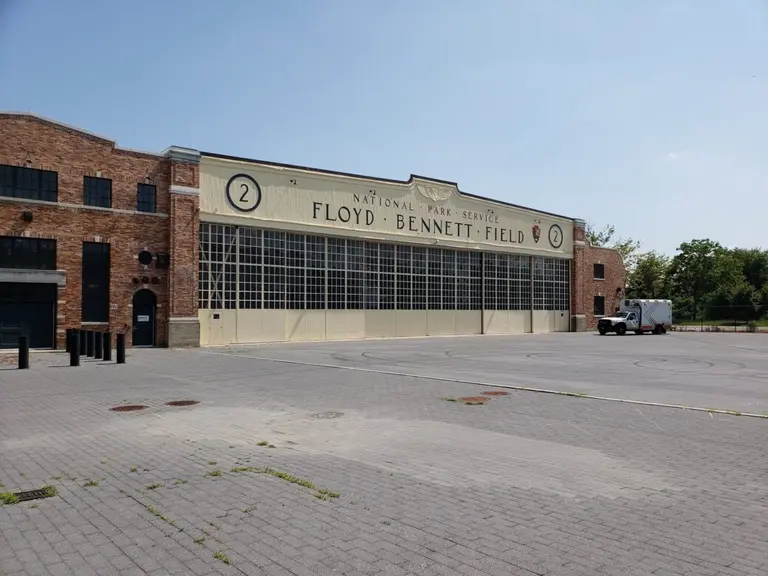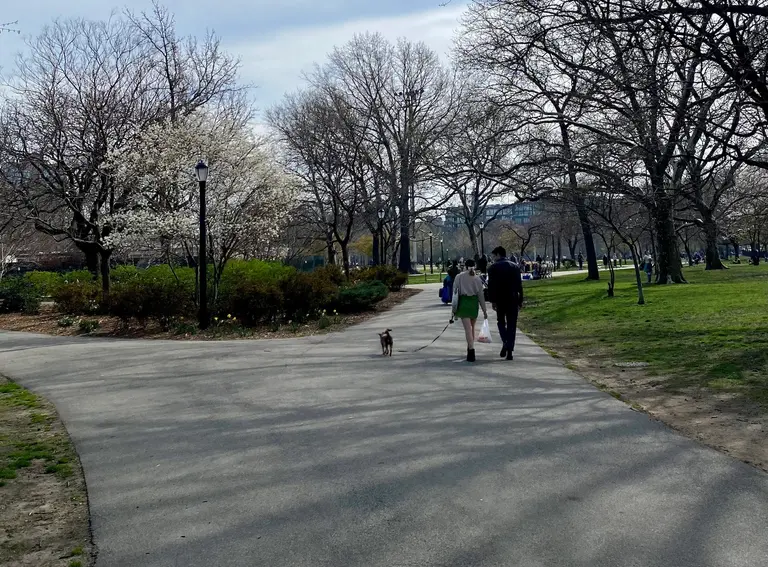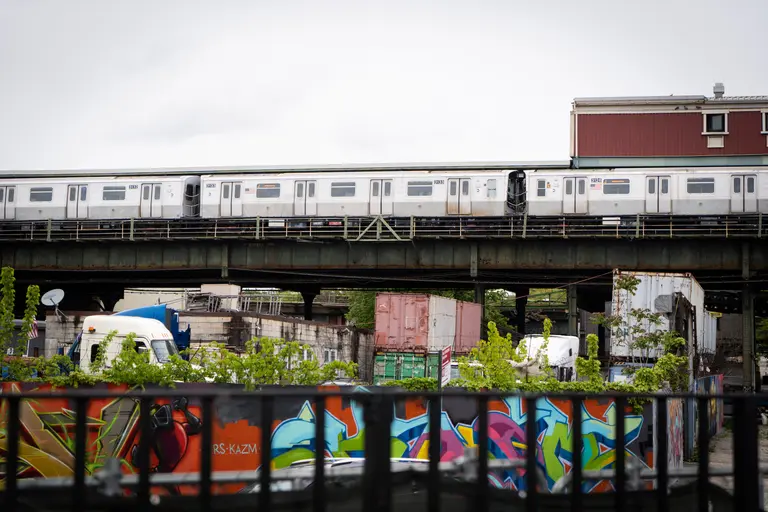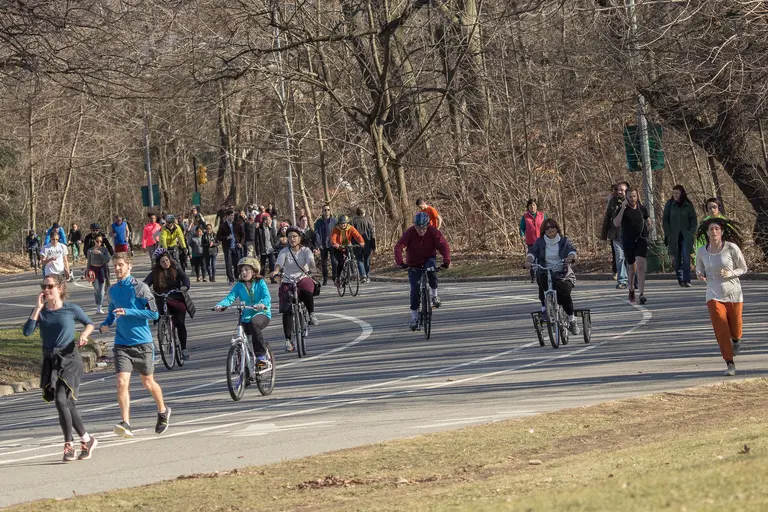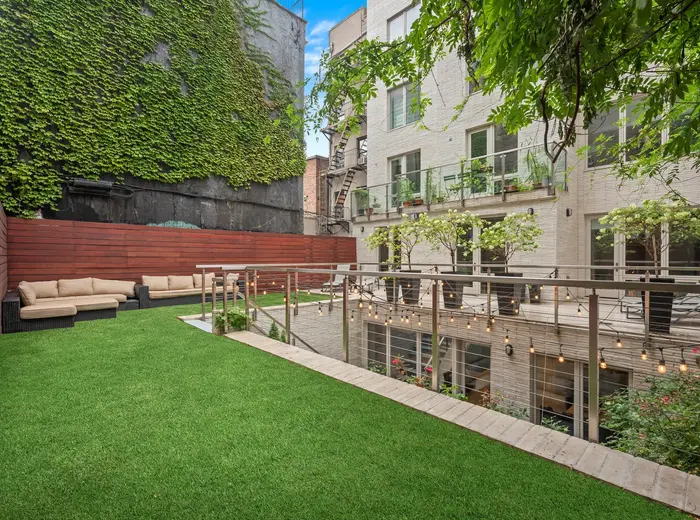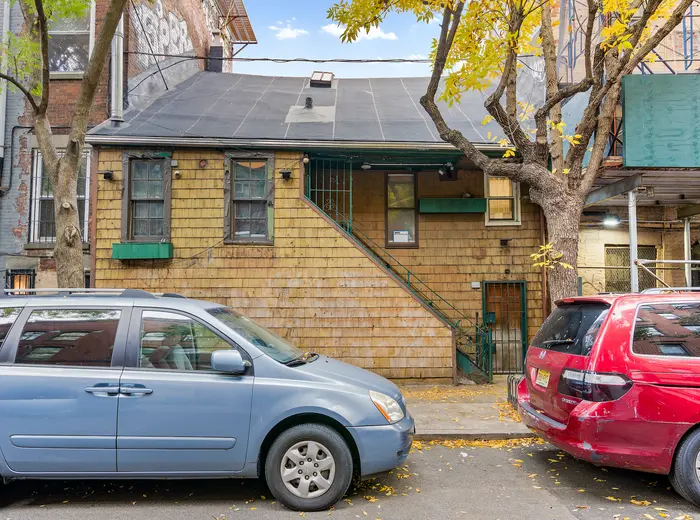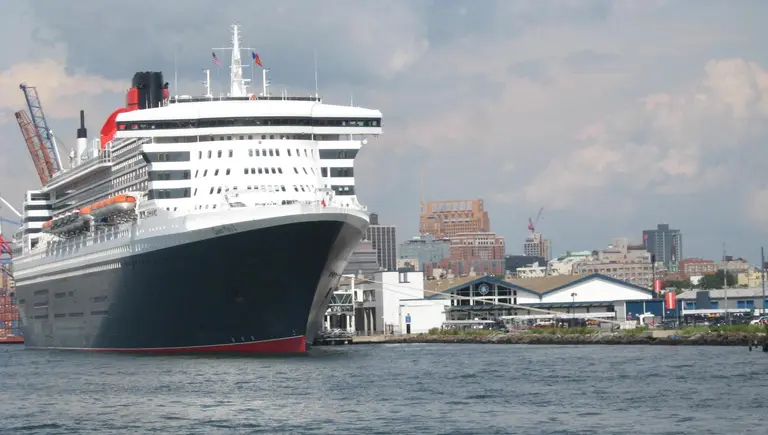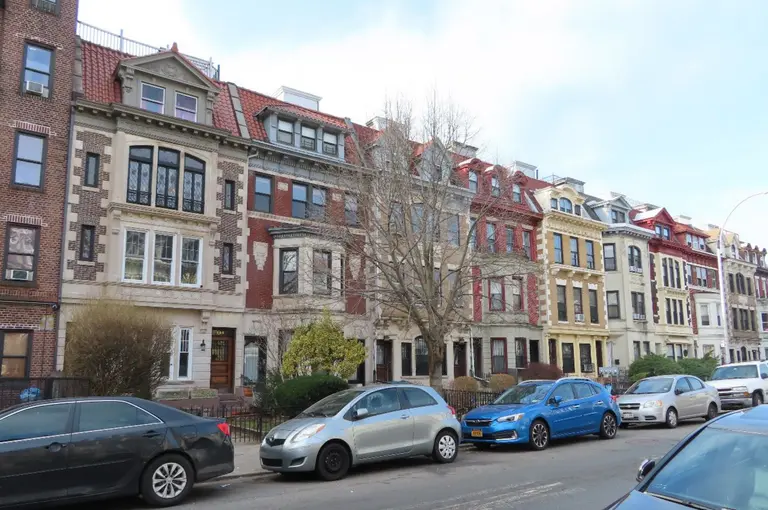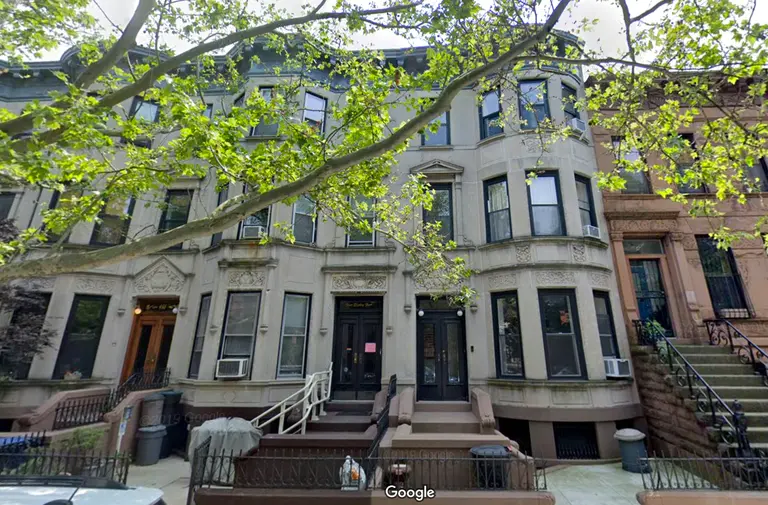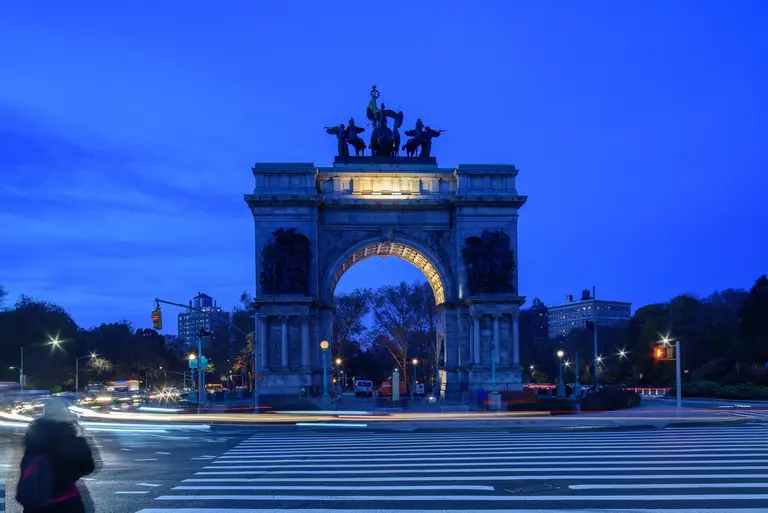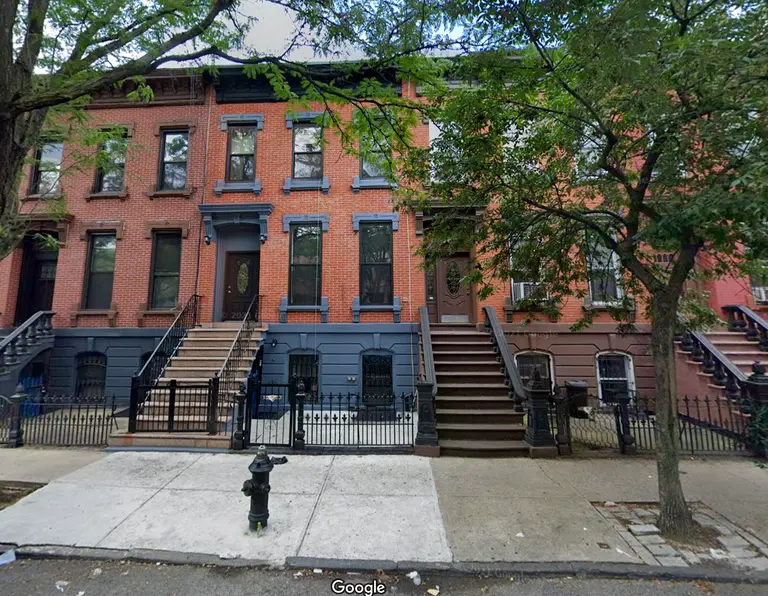NYC’s curbside compost program expands to Brooklyn

Photo credit: Michael Appleton/Mayoral Photography Office on Flickr
Brooklynites, it’s time to get your compost on! On Monday, curbside compost collection began in New York City’s most populous borough. Brooklyn is the second borough to join the city’s universal composting program after Queens, which rolled out a permanent, year-round program in March after a successful pilot last year. Between Queens and Brooklyn, the program will serve nearly 5 million residents, making it the nation’s largest composting program.
Brooklyn residents have until October 13 to order a free brown bin from the city’s Department of Sanitation (DSNY) to store their compost. For buildings without a brown bin, residents can store compost in any bin with a lid that doesn’t exceed 55 gallons.
Owners of buildings with four or more units are required to provide a storage area and clearly labeled bins for the collection of yard waste, according to DSNY’s website.
DSNY plans to expand the compost program to the Bronx and Staten Island in March 2024, followed by Manhattan in October 2024.
“For decades, our food waste has fueled global warming in landfills and filled rat bellies on our streets,” Deputy Mayor for Operations Meera Joshi said. “No more. We’re saying no to greenhouse gases and rat buffets, and saying yes to renewable energy, biosolids, and compost. And we’re building towards the day where every single New Yorker, in all five boroughs, has access to free — and hassle-free — curbside composting.”
In March, Mayor Eric Adams proposed the city’s first-ever mandatory composting program and in June, the City Council approved legislation requiring all New Yorkers to separate food waste from regular trash.
Currently, leaf and yard waste separation from trash is mandatory. Composting food scraps is voluntary, but will become mandatory by 2025.
In October 2022, every residential building in Queens was enrolled in weekly curbside composting collection as part of a pilot program. In just three months, more than 12.7 million pounds of organic waste was collected.
Composting is one part of the mayor’s broad effort to improve city sanitation. In September, Adams announced that in order to curb the city’s rat problem, all business must put their garbage in lidded containers. Under the rule, businesses can choose any type of container they want, but it must have a secure lid and sides.
Early last month, the city revealed a new trash bin that will eventually replace the city’s iconic green mesh bins. The new, modernized bins have a concrete base to prevent them from falling over, a hinged metal lid, and a removable, lightweight plastic basket for sanitation workers to empty, according to the New York Times.
The new bins address a fundamental flaw in the dated wire mesh design: holes for rats to get inside.
RELATED:

